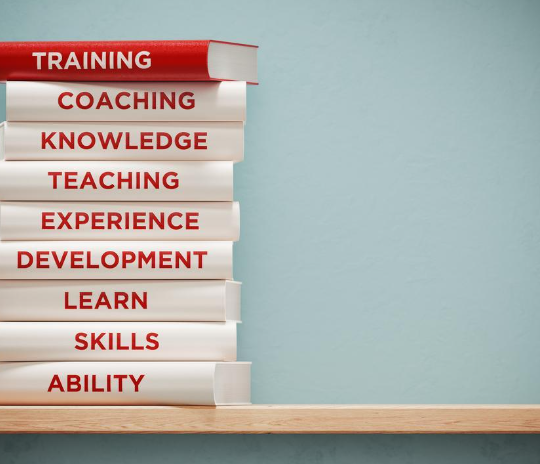 Parenting can be the toughest job in the world at times, but it’s a parent’s responsibility to help their kids grow into happy, confident adults. The problem these days is that many parents are guilty of pushing their kids too hard. This can negatively impact children in a number of ways, leaving them depressed and fearful of trying new things.
Parenting can be the toughest job in the world at times, but it’s a parent’s responsibility to help their kids grow into happy, confident adults. The problem these days is that many parents are guilty of pushing their kids too hard. This can negatively impact children in a number of ways, leaving them depressed and fearful of trying new things.
The sad truth is that pushing kids to do things we are interested in is a recipe for disaster. Just because you love football, it doesn’t mean your son or daughter is going to be a football superstar, even if they do show some talent!
There are several ways to identify a child’s strengths and weaknesses. Read on for a useful guide.
Table of Contents
How are Strength and Weakness Defined?
Talent is not the same as strength, but a lot of parents don’t realise this. They see little Johnny do well in maths and assume he’s heading for a career as an accountant. But just because little Johnny has a head for figures, it doesn’t mean he’s actually interested in number crunching. He might actually be more interested in art – and be good at it too!
Strength can be divided into two categories: talent and character. Talent means being good at something, like running, and character strengths are personality traits like kindness and empathy.
To identity your child’s true strengths, you need to take both into consideration.
A child may be good at music, for example, but if he hasn’t got the patience to practice and isn’t really interested in having lessons twice a week, this is not where his true strength lies.
Where Do Your Child’s Interests Lie?
To recognise a child’s strengths, look at what they are passionate about. If a child is interested in running, is happy to get up early and practice running, and is actually good at running, this is a true strength.
The same applies to academic performance.
Let’s say your child does well in cognitive testing and shows a real aptitude for maths – it’s only a true strength if s/he is enthused enough to read around the subject, loves science-based topics, and is fascinated with all things numerical. Even if your dream is for your child to do well in academia and become a high-flying investment banker – unless they love the subject and are willing to study hard, pushing them down an academic pathway will only lead to resentment and disappointment.
Don’t Be a Helicopter Parent
It’s okay to coach kids in tests and help them do well by showing them lots of example questions available online, but unless your child loves studying and is good at it, academia is not their true strength.
Unfortunately, helicopter parenting is a huge problem in the modern world. Parents are so keen for their children to succeed in life that they think nothing of pushing them into extracurricular activities to the point where the child has no free time whatsoever.
Kids Can’t Be Good at Everything
Learn to recognise your child’s weaknesses as well as their strengths. Watch them at play and challenge them to admit when they are not good at something – most kids don’t like doing things they feel they are bad at.
Try not to push your children too hard in areas where they have no aptitude. Non-sporty kids do not benefit from being forced to participate in group sports. All you’ll do is knock your child’s confidence.
Give your child time and space to figure out where their interests and aptitudes lie. These will likely change as they grow and mature.
It’s okay to encourage a child to practice his maths and English, but it’s important to encourage their other interests too, even if you see them as a waste of time.







